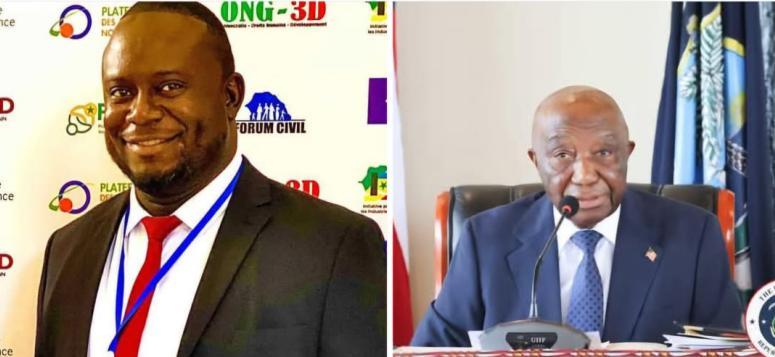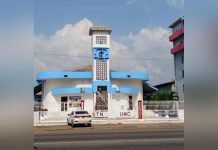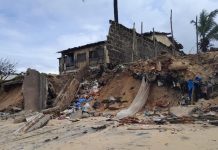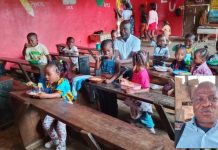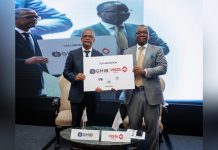Africa-Press – Liberia. In the wake of the ongoing fight against drug abuse, a civil society organization, Global Action for Sustainable Development has called on the national government for key documents, making reference to the Freedom of Information law.
The Global Action for Sustainable Development (GASD) intensifying its campaign in the ongoing fight also calls for openness and accountability in Liberia’s fight against drug abuse.
As part of the group’s ongoing campaign, it is formally requesting access to key government documents that define the nation’s strategy.
In an official communication, the organization has asked the Presidential Multi-sectoral Steering Committee on Drug Abuse Crisis to release its latest progress report and the government’s National Action Plan, citing the Freedom of Information (FOI) Act.
GASD Executive Director James Koryor said the requested documents are critical for independent assessment of the government’s response and for aligning civil society interventions with national priorities.
“These documents are not just bureaucratic papers, they are roadmaps that determine the success or failure of our fight against drugs,” Koryor said. “Without them, civil society risks duplicating efforts or working in ways that may not harmonize with government programs”, he re-emphasized.
It can be recalled that the government of Liberia has repeatedly described the drug crisis as a national emergency, pointing to the rapid rise in addiction among young people and the proliferation of ghettos across communities.
However, Koryor cautioned that the ongoing exclusion of civil society organizations (CSOs) from the process undermines progress.
“The exclusion of CSOs weakens the collective fight. Civil society has the networks, credibility, and community presence needed to complement government programs,” he said.
The latest debate comes on the heels of a major policy pronouncement by President Joseph Nyuma Boakai.
In a statement issued by the Executive Mansion on August 6, the President pledged that his government would begin rolling out stronger measures to address the drug problem, including the immediate implementation of a National Action Plan.
The pronouncement was welcomed nationally, but according to Koryor, civil society cannot measure its success or contribute effectively without access to the plan itself.
“President Boakai’s pronouncement is a step in the right direction,” Koryor acknowledged. “But words must be matched with transparency. We need to see the plan, understand its priorities, and track how it is implemented. That is the only way to build accountability and sustain public confidence”, he re-emphasized.
Koryor further emphasized that the National Action Plan would serve as a benchmark to evaluate the government’s performance.
“Civil society must be able to track what is promised against what is delivered,” he stressed.
According to him, transparency is the foundation of trust, and trust is essential if the nation and its people are to win the fight against drugs.
To reinforce its request, GASD formally wrote to the Steering Committee’s chairperson through the Ministry of Health and copied both the Ministry of Justice and the Independent Information Commission (IIC).
The organization underscored that the FOI Act of Liberia requires public institutions to release information within a statutory timeframe, barring very limited exemptions. “We are invoking a right that is protected under law. These are public policy instruments, not classified documents,” Koryor explained.
The organization has also raised concerns that withholding such documents could send the wrong signal about government sincerity in tackling the crisis. “If the government is serious about combating this epidemic, then it must embrace openness and bring everyone on board. This is not the time for secrecy,” Koryor warned.
The push by GASD comes at a time when national debate on the drug crisis has intensified, fueled by public protests, community actions against ghettos, and growing demands for tougher measures.
Civil society groups say that only a coordinated, inclusive, and transparent strategy will reverse the trend. Koryor has re-echoed that GASD and its partners remain committed to complementing government efforts through community-based programs, awareness campaigns, and rehabilitation initiatives once the official roadmap is made available.
“Civil society will not stand idle,” he concluded.
“Even if we are excluded, we will continue to engage, to support victims, and to keep the fight alive. But with government openness and cooperation, Liberia can deliver a stronger, united response to one of the gravest challenges facing our nation.” he added.
For More News And Analysis About Liberia Follow Africa-Press

